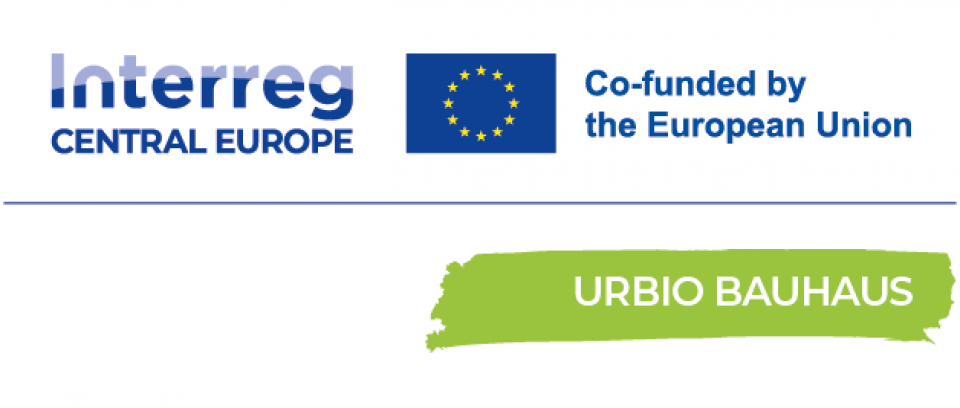
On 1June 2024, Wroclaw joined the project called “New European Bauhaus for Increasing Urban Biodiversity”. The acronym for this project is URBIO BAUHAUS. The project will run until the end of December 2026. The project is being implemented as part of the Interreg Central Europe programme.
URBIO BAUHAUS aims to combat the loss of biodiversity in urban and peri-urban areas in Central Europe by building on the core values of the New European Bauhaus: sustainability, integration and aesthetics. These values will form urban biodiversity solutions (UBS) as part of a wider urban transformation to enable the shaping of a sustainable, integrated and resilient society. To effectively address all of the above mentioned issues, URBIO BAUHAUS will develop a joint NEB-based Urban Biodiverse Transition Roadmap as a key solution. This Roadmap will present a combination of different approaches and interventions that aim to significantly contain and reverse biodiversity loss, particularly in urban areas. This solution will be tested and implemented in 4 Central European cities: Wroclaw, Kranj, Pula and Erd.
Intervention by the Wroclaw Municipality will focus on measures to mitigate light pollution in green urban spaces to support the natural cycles of human and animal functioning (preservation of natural wildlife patterns and human well-being) contributing to biodiversity.
Wroclaw’s small-scale pilot will involve introducing intelligent lighting into public spaces (including multifunctional areas - streets and squares and urban green spaces) in the city centre district in order to find a balance between light and darkness, either adapting existing lighting or modernising it with assimilation lighting equipment (modernising lighting systems to control the intensity and extent of light distribution).
